February 2017
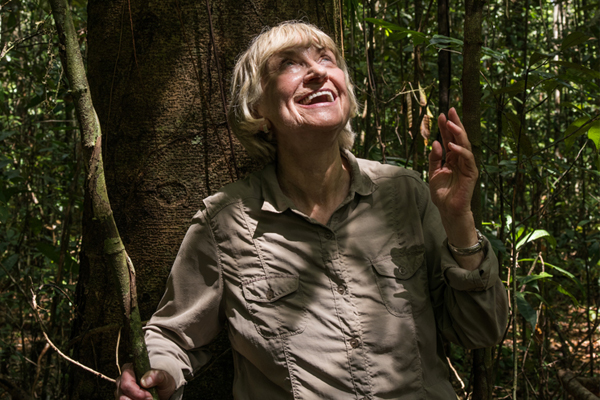
Winrock Mourns the Passing of Legendary Senior Scientist Dr. Sandra Brown
February 23, 2017
Our Winrock family is deeply saddened to share the news of the passing of Dr. Sandra Brown. Sandra died on Monday, February 13, at her home in Wales. She was 72. Sandra’s pioneering work on the role forests play in the global carbon cycle shaped the way we understand the forces behind climate change today. […]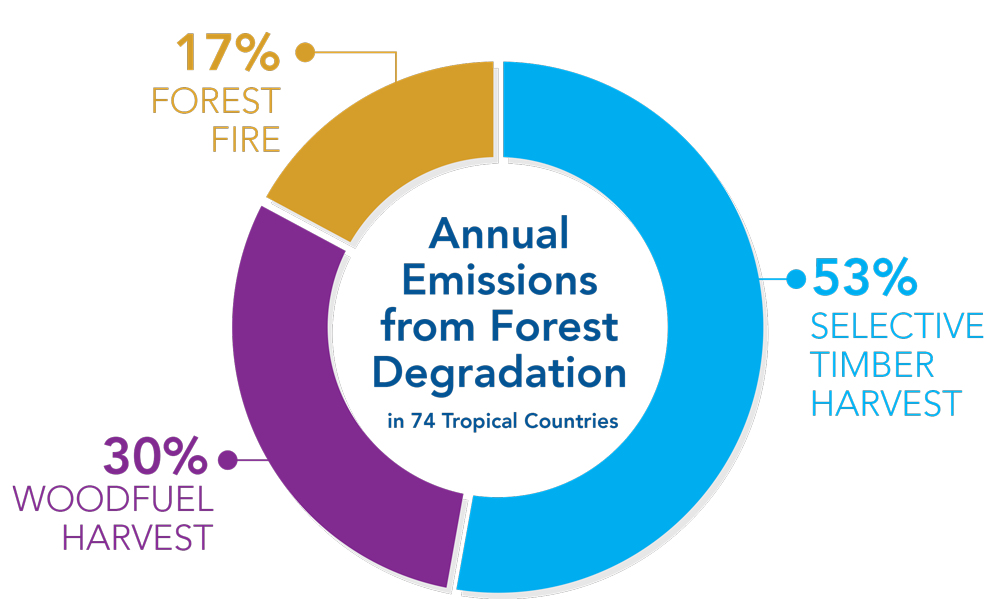
Winrock Scientists Pinpoint Source of Carbon Emissions Greater than Global Aviation
February 21, 2017
WASHINGTON, D.C. – FEB. 21, 2017 – Scientists from Winrock International have published the first consistent and complete analysis of emissions from forest degradation across the tropics. Forest degradation consists of logging, harvesting woodfuels and other human impacts on forests that fall short of deforestation. The new study, published in the journal Carbon Balance and […]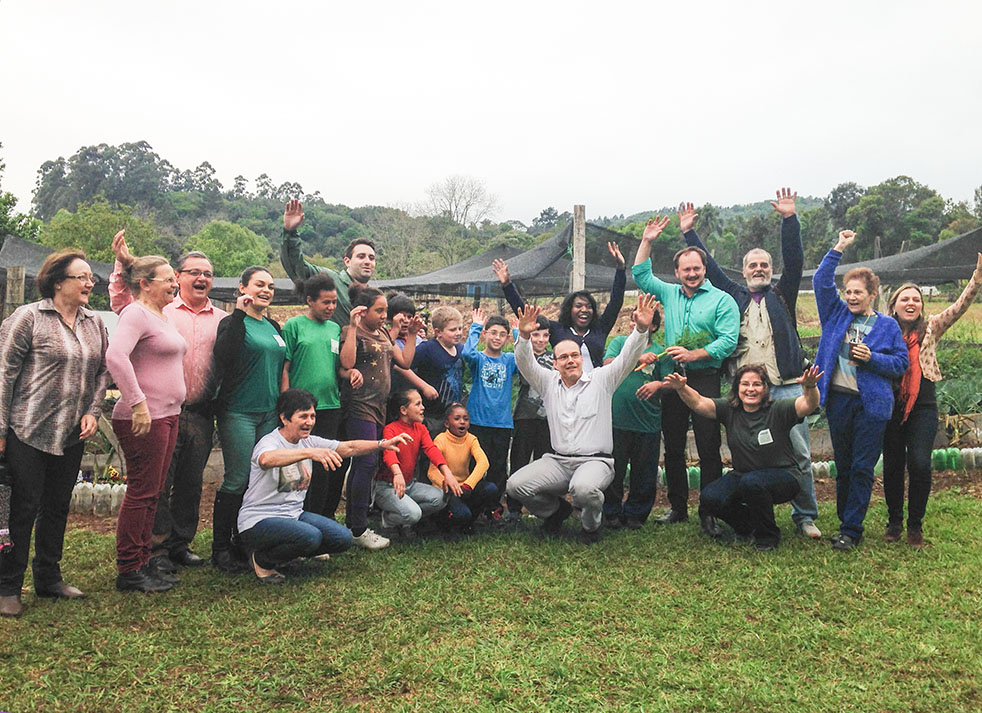
Valentine’s in Bloom
February 14, 2017
It’s no secret that kids and vegetables don’t always get along. Just don’t tell that to the students at Municipal Elementary School São Valentim — Saint Valentine’s School — located in Linha Campestre, a poor rural community in southern Brazil. In April 2014, the Achieving Reduction of Child Labor in Support of Education (ARISE) program, […]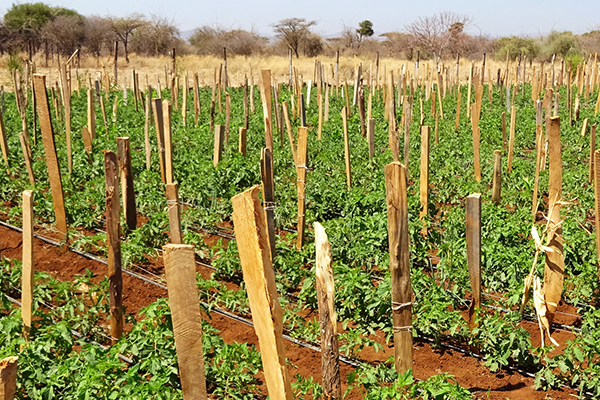
Winrock International and USAID to Host Discussion on Solar Water Pump Benefits & Financing
February 9, 2017
NAIROBI, KENYA – FEB. 8, 2017 – Winrock International, the U.S.-based national and international economic development organization, Fintrac, and the United States Agency for International Development (USAID), will host a one-day meeting to discuss the potential for solar water pumps, their benefit to farmers and expanding credit access to help farmers purchase the pumps. The […]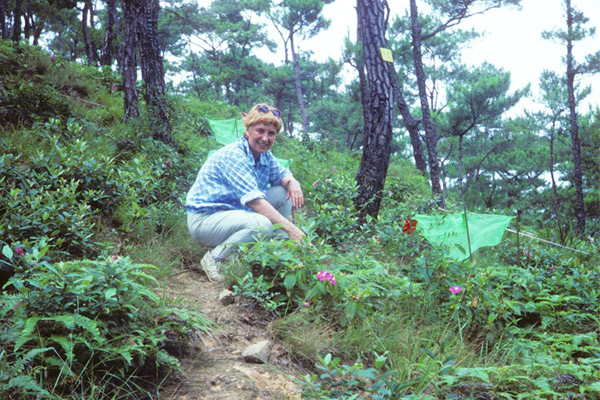
‘Can You Imagine This World Without Forests?’
February 3, 2017
By Chris Warren **Dr. Sandra Brown passed away at her home in Wales on February 13, 2017. Winrock International joins her family, friends and professional colleagues in mourning her loss. Please click here for an obituary.** The issues being discussed in the Guyana Forestry Commission’s (GFC) sparsely decorated, wood-paneled conference room are complex and consequential, […]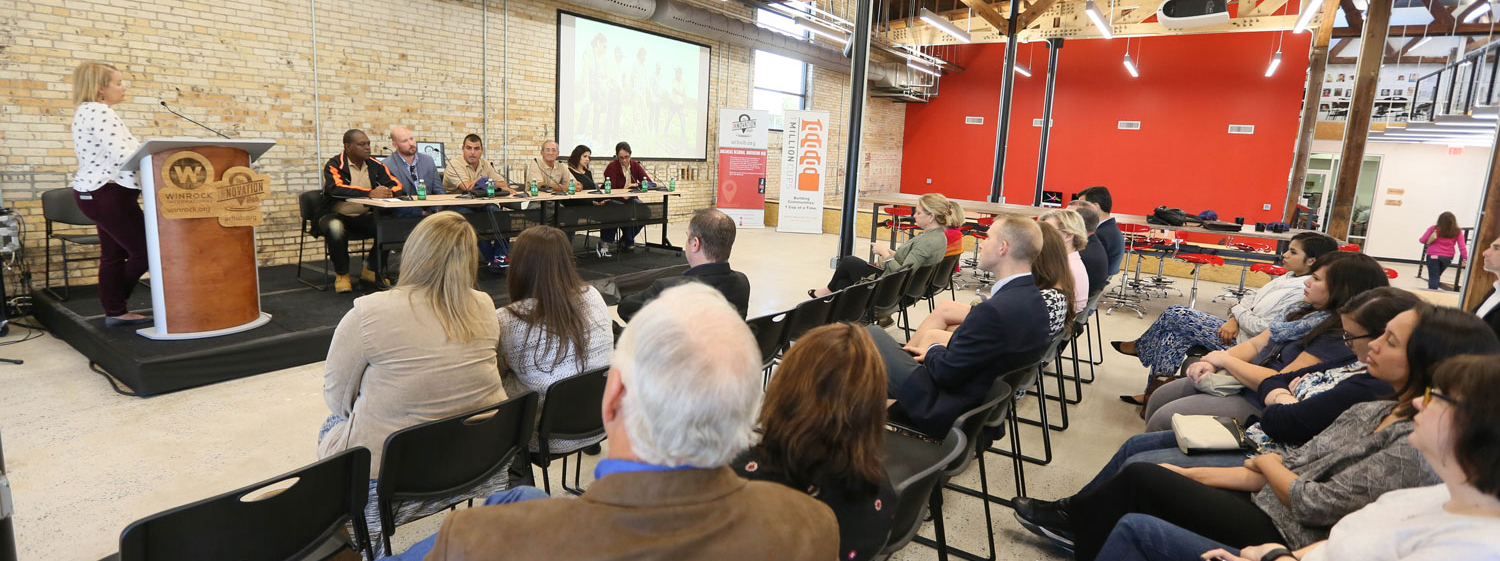
New Video: ‘All Farmers Are a Family’
February 2, 2017
It would be easy to assume that Cody Hopkins and Yurien Bec Jelis would struggle to find something to talk about. Hopkins is an Arkansas native who taught high school physics in Rhode Island before the pull of his roots drew him south again to rural Searcy County. Back home, Hopkins and his […]